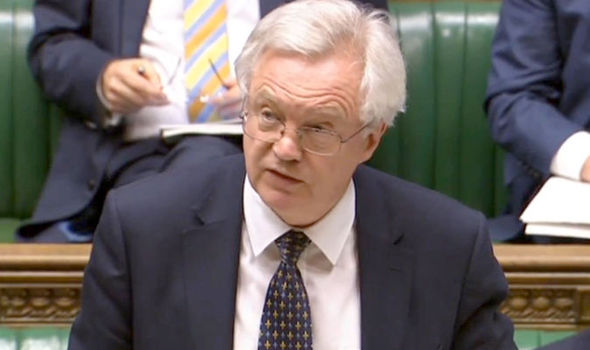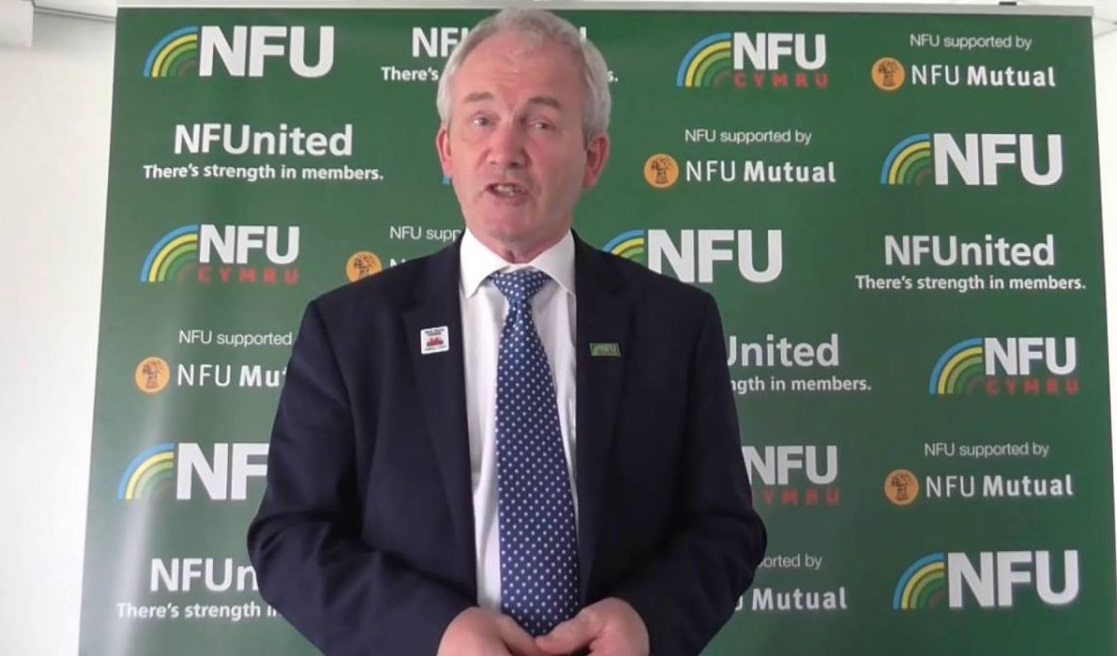
The Government has been urged to be prepared to 'think differently' by a farming union, after the publication of the Great Repeal Bill white paper.
Thousands of EU laws on everything from workers' rights to the environment are to be transferred into UK law as the country gears up for Brexit.
Brexit Secretary David Davis said the Great Repeal Bill would allow the UK Parliament and Welsh, Scottish and Northern Ireland administrations to scrap, amend and improve laws.
Today’s white paper, which prefigures the Great Repeal Bill itself, confirms the UK Government’s intention to repeal the European Communities Act 1972; the legislation which took the UK into the European Economic Community (EEC) and through which EU legislation derives legal effect in the UK.
The Great Repeal Bill will convert directly applicable EU laws into UK law and preserve EU laws which have been implemented via UK legislation.
'Mutual respect and trust'
Farmers have said agriculture must be front and centre of Brexit negotiations, the NFU urged, as Prime Minister Theresa May yesterday (29 March) triggered Article 50 to kick-start the official process of Britain leaving the EU.

Indeed, for farmers, there are still some much needed questions that need answering.
Commenting on the ongoing developments, NFU Cymru President Stephen James said: “A lot has of course changed since we joined the EEC 44 years ago, not least the fact that since 1999 we have had devolution in Wales.
“Matters such as agriculture and the environment, which lie within the National Assembly’s devolved competence, are two of the areas which have been most greatly impacted by the accrual of EU legislation.
“Any amending, enlarging or diminishing of the scope of devolved powers, should be consented to by the National Assembly for Wales, as part of a relationship between London and Cardiff that has to be founded on mutual respect and trust.
“As an industry, our number one priority from the Article 50 negotiations is that we secure a trade deal which works for Welsh agriculture with the EU 27. Failing to make provision to give ongoing effect to EU legislation would leave enormous gaps in our legal system, which would undoubtedly make it almost impossible for the UK to secure trade deals with the residual EU and much of the rest of the world.
“For that reason I understand why it is necessary to preserve the ongoing effect of EU legislation for the time being, but it is very much my aspiration that in due course we will be able to review the body of legislation that is transposed onto the domestic statute books, with a view to getting rid of any which is unnecessary.”
CAP framework model
The farming union then states that the current CAP framework model could be used to support UK farming.
Mr James continued: “The fact that we retain most of the body of EU legislation means that I see no reason why we could not, as an interim measure, use the current Common Agricultural Policy (CAP) as a framework model for support to Welsh farming.
“This would offer both continuity and stability and give us the necessary breathing space to devise a domestic agricultural support policy that suits our needs, sometime after our EU departure in 2019.
“The bureaucratic burden under which Wales’ farmers must operate remains a source of great frustration. I would urge the Welsh Government to work with industry and be ambitious in reviewing EU derived legislation which adds unnecessarily to the bureaucratic burden faced by farmers.
“I know, for example, that the Cabinet Secretary, Lesley Griffiths, has spoken of the fact that around five thousand pieces of EU derived legislation impact on her portfolio alone. Now is the time for the Government to be prepared to think differently, looking wherever possible at a voluntary approach to achieve agreed outcomes with industry with regulation only used as a last resort.”
